Every Summer Semester, Ecotox Master students do a 2-month internship or AMEO (Applied Module at an External Organization). Today, Jule Stern tells us about her AMEO experience at nEcoTox.
Continue readingAMEO at nEcoTox – Jule Stern (2024)
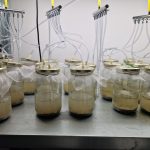


Every Summer Semester, Ecotox Master students do a 2-month internship or AMEO (Applied Module at an External Organization). Today, Jule Stern tells us about her AMEO experience at nEcoTox.
Continue reading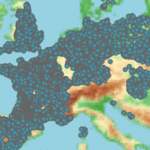
Today, Dr Jonathan Jupke tells us about his latest publication, where he and his colleagues explored how river macroinvertebrates across Europe respond to common pollutants, such as copper and imidacloprid, and what these findings mean for environmental risk assessment.
Continue reading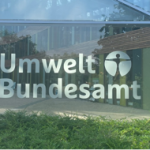
Every Summer Semester, Ecotox Master students do a 2-month internship or AMEO (Applied Module at an External Organization). Today, Katharina Wifling tells us about her AMEO experience at the German Environment Agency (UBA).
Continue reading
Today, Miyako tells us about her summer internship at RPTU Landau with SystemLink, organized through the DAAD RISE program.
Continue reading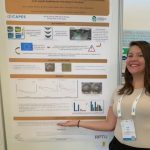
Today, Dr. Laís Conceição Menezes da Silva tells us about her experience at the 34th Society of Environmental Toxicology and Chemistry (SETAC) Europe Annual Meeting that took place earlier this year in Sevilla, Spain.
Continue reading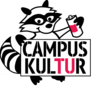
CampusKultur at RPTU is holding its yearly photo competition. The topic this year is going to be dangerous: TOXISCH – TOXIC! They would like to see your associations, interpretations and ideas!
Continue reading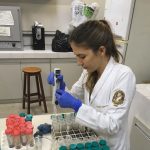
I am Danielle Siqueira, a master’s student in Environmental Pollution Management (Ecotoxicology). I would like to tell you about my studies and career, and how I as a geologist, became a study director of chronic tests with honeybees.
Continue reading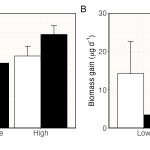
In this blog post, Alexander Feckler and his colleagues explore the role of autochthonous primary production for the quality of microbially-colonized leaf material as food in heterotrophic food web in headwater streams. Despite reduced autochthonous primary production in shaded headwater streams, this study indicated a potential for enhanced secondary production and energy transfer to higher trophic levels within the aquatic ecosystem due to so-called “algal priming”.
Continue reading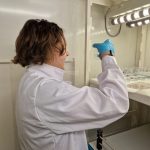
At the end of April, the 2023/2024 cohort of the Ecotox master’s programme started the summer semester with a week-long ecotoxicology lab. Master student Jule Stern tells us about their experience.
Continue reading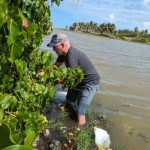
In this blogpost, Prof. Mirco Bundschuh and his colleagues talk about their pilot study of investigating leaf-litter decomposition in mangrove forests in Barbados.
Continue reading